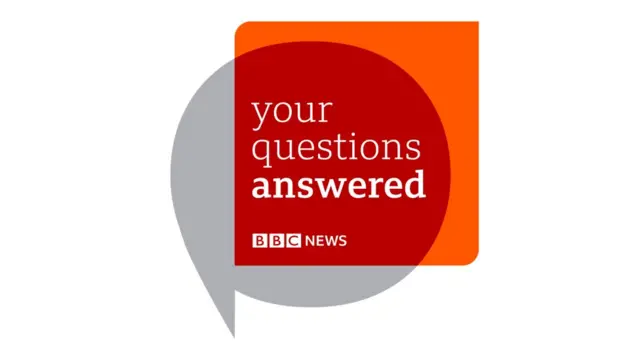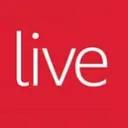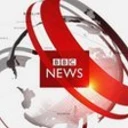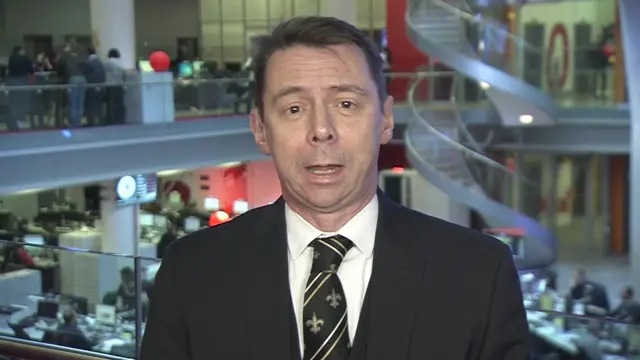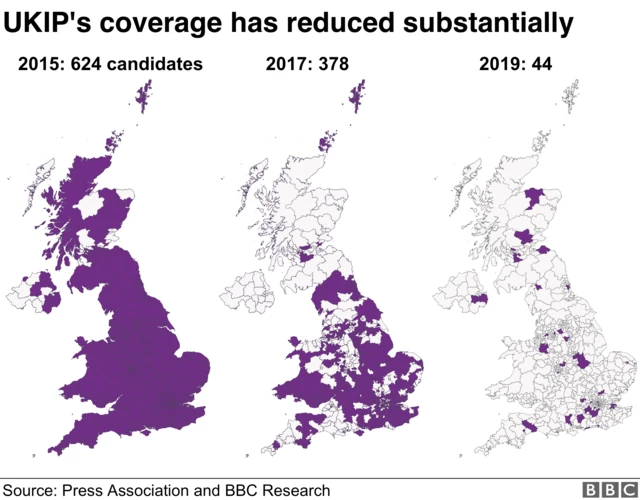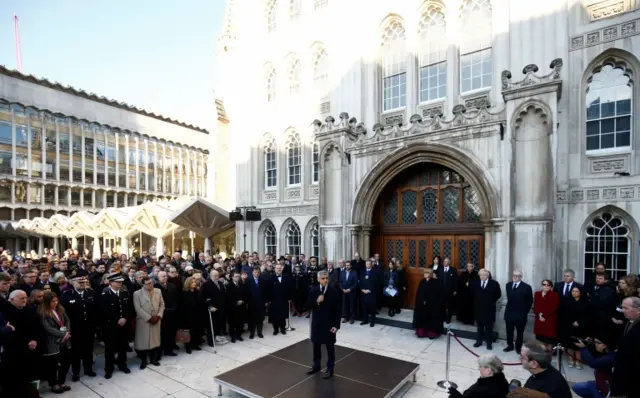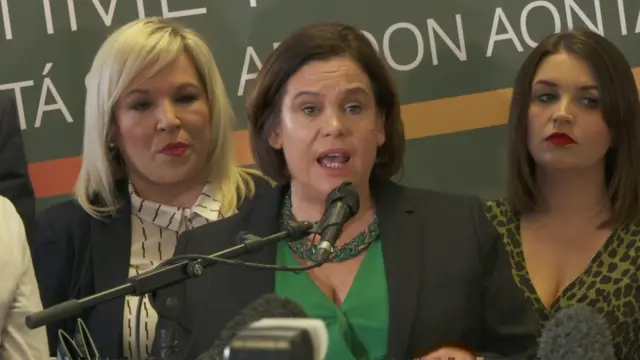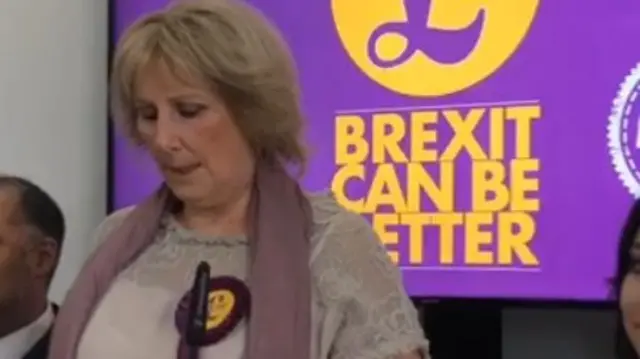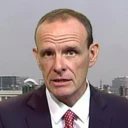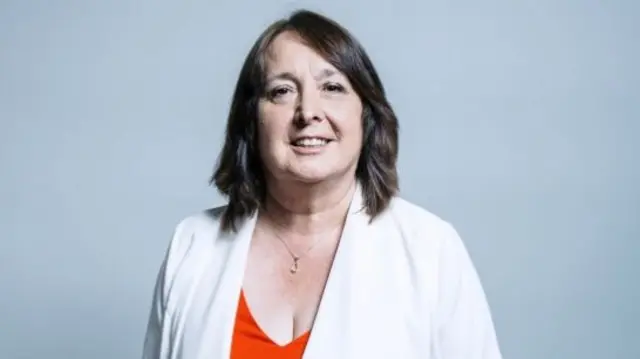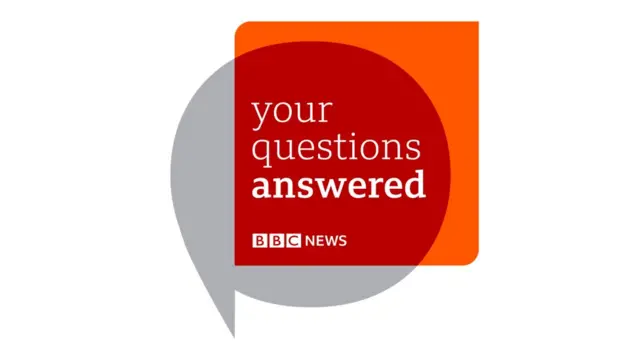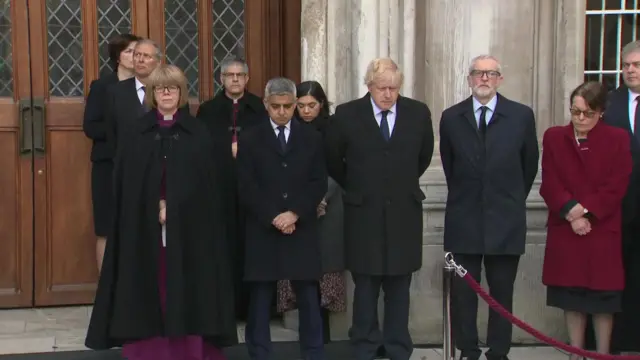Sinn Fein 'ready to resume talks on stalled NI assembly'published at 12:58 GMT 2 December 2019
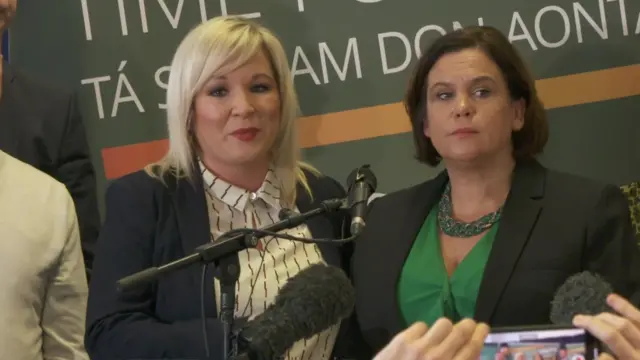
Sinn Fein's Michelle O'Neill and Mary Lou McDonald
A bit more from the Sinn Fein manifesto launch. Vice-President Michelle O'Neill says the party has always "stood ready" to re-form the Northern Ireland Executive and wishes to resume talks.
"We believe in the assembly and the executive because we believe in the promise of the Good Friday Agreement."
She hopes the other parties "want to get around the table again" but the executive needs to be "just" and "credible".
The Northern Ireland Assembly has been suspended for nearly three years.
